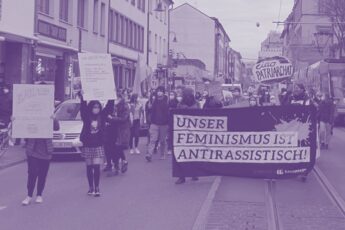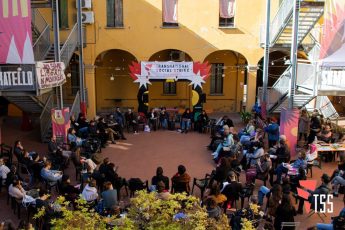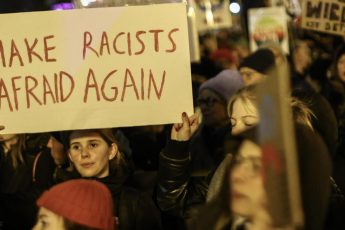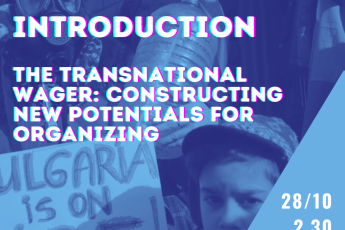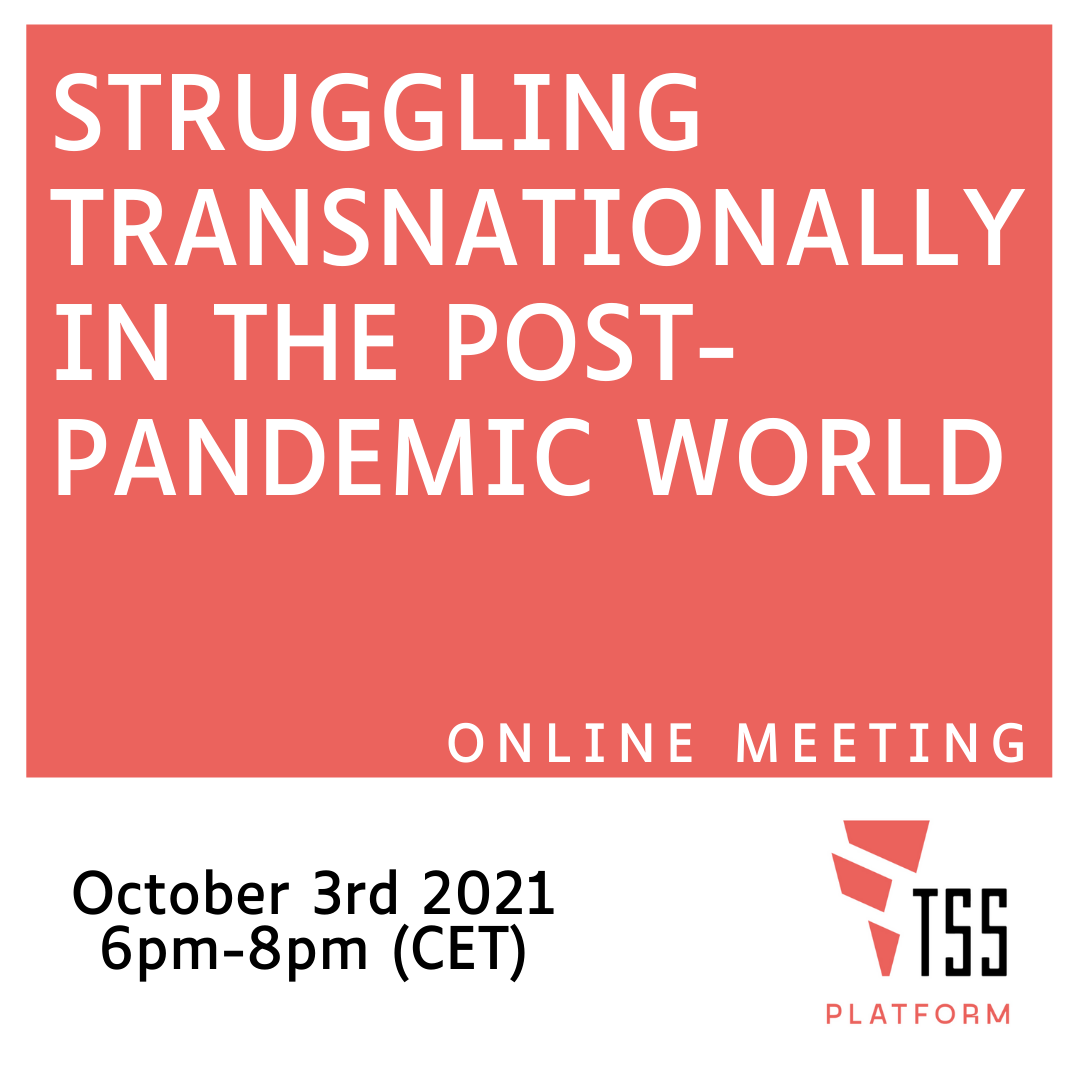
by TRANSNATIONAL SOCIAL STRIKE PLATFORM
On October 3rd from 6pm to 8pm (CET) the Transnational Social Strike Platform organizes an online open meeting to discuss the current and emerging political landscapes, find the common threads between our local situations and specific struggles and explore the possibilities for a mass collective transnational initiative. We invite and welcome the participation of workers and migrants’ collectives, unions, and social movement organizers.
Register HERE to receive the Zoom link.
The pandemic and post-pandemic reconstruction are making clearer the existence of a transnational battlefield defined by the conflict between, on the one hand, processes of command, exploitation and valorization and, on the other hand, social movements that – albeit often scattered and fragmented – contest those processes.
This transnational battlefield already emerged in the aftermath of the financial crisis of 2008, when revolts and uprisings all over the world addressed transnational enemies and resonated with each other across borders. The feminist strike has built transnational connections between differentiated and scattered struggles against patriarchy and exploitation; at the same time, strikes in logistics warehouses and factories and migrants’ struggles have questioned the power of the transnational production chains whilst challenging borders and institutional racism.
Recent events in Afghanistan show the magnitude of political transformations unravelling in front of us, how far global balances have shifted in the last twenty years and the need for a transnational response that is capable of addressing these challenges. Within this context, the pandemic is transforming the coordinates of political action, triggering further processes of transnational organization, and is simultaneously restructuring the conditions of production and social reproduction thus hindering those very processes.
New forms of transnational political communication have emerged. The network of Essential Autonomous Struggles Transnational (EAST) and the Transnational Migrants Coordination (TMC) produced several experiments of mobilization of workers, migrants, women and LGBTQI+ people, that defied the isolation and fragmentation of struggles, fostering the connection of conditions that seemed incomparable. Amazon Workers International has organized in the last few years a transnational front against the giant of Seattle which enabled Amazon workers from different continents to advance common demands.
At the same time, while the watchword of the feminist strike spread in new places, like Central and Eastern Europe, a violent patriarchal backlash is reaffirming the centrality of the family and trying to put women’s lives at the service of national recovery. Meanwhile, the post-pandemic reconstruction is already establishing new forms of differentiation and fragmentation – via industrial policies, migration agreements, financial dynamics and national recovery plans – that will strongly affect both the material conditions of workers, women, migrants and their capacity to organize and struggle.
As TSS we think it’s time to face this emerging political landscape and the transnational processes that shape our everyday experiences. What is at stake now is the capacity of expanding and strengthening political communication and of building a coordinated response to the post-pandemic reconstruction.
We are convinced that these processes cannot be simply faced on a European level, because EU policies – like the ones defined by the Recovery plans, the new migration and asylum agreement, and the manifold bilateral agreements – are already affecting the working and living conditions of millions of people living outside the European institutional borders – from Georgia to Turkey, from the UK to Northern and Central African countries. At the same time, the European space is and remains a crucial dimension to develop political communication and common struggles against nationalist rhetoric.
On the 3rd of October, we aim at discussing collectively how to strengthen and imagine our struggles in a context where the processes of capitalist valorisation and reproduction are both global and differentiated and make the transnational battlefield our field of struggle.
***
We want to discuss this situation starting from three main areas of struggle that have been particularly hit by transformations during the pandemic.
1) Wages, working conditions and green transition: from the spotlight on so-called essential labor to the differentiated effects of containment measures, the pandemic brought in a reorganization of labor, while the so called “green transition” paves the way to new forms of production and social reproduction, but also to new struggles. We think there needs to be a collective effort to understand and anticipate these fundamental terrains of conflict.
2) Welfare and social reproduction: while healthcare systems have been swamped by the pandemic, social benefits are more than ever tied to the availability to work at whatever conditions, to programs of re-skilling and to the revitalization of the family as a social institution, reinforcing the reaction against women, particularly migrant women, and LGBTQI+ people’s insubordination. We think it is essential to find forms of political communication among different conditions and discuss how to connect the struggle against the patriarchal backlash with an overall struggle against exploitation in the post-pandemic reconstruction.
3) Migrant labor within and outside the EU: the fact that migrant labor is ‘essential’ in many fields means further limitations and a reconfiguration of institutional racism as a way to regulate mobility and the labor market. What happens within the EU is enmeshed in a wider clash on mobility in transnational Europe, outside its formal borders. In this situation, we think there is a need to discuss how different experiences and conditions are connected and how migrant labor is a crucial battlefield in the post-pandemic reconstruction.
The assembly will be held online and participation is open to all workers and migrants’ collectives, unions, and social movement organizers willing to discuss these transnational challenges, suggest others and look for a collective response.
To participate please register in this form: https://forms.gle/N9woKqTDACfLSA5v8
For more information or enquiries please send a message to: info@transnational-strike.info


